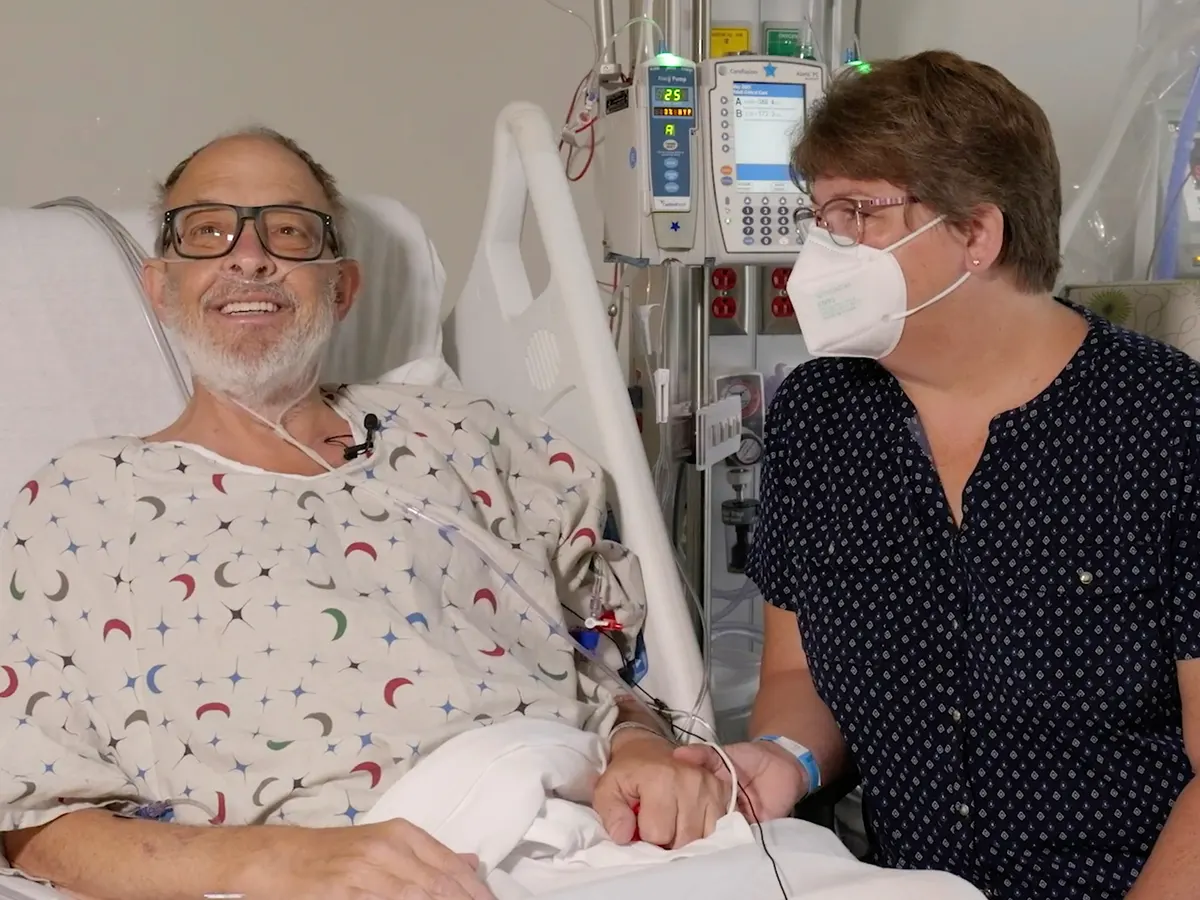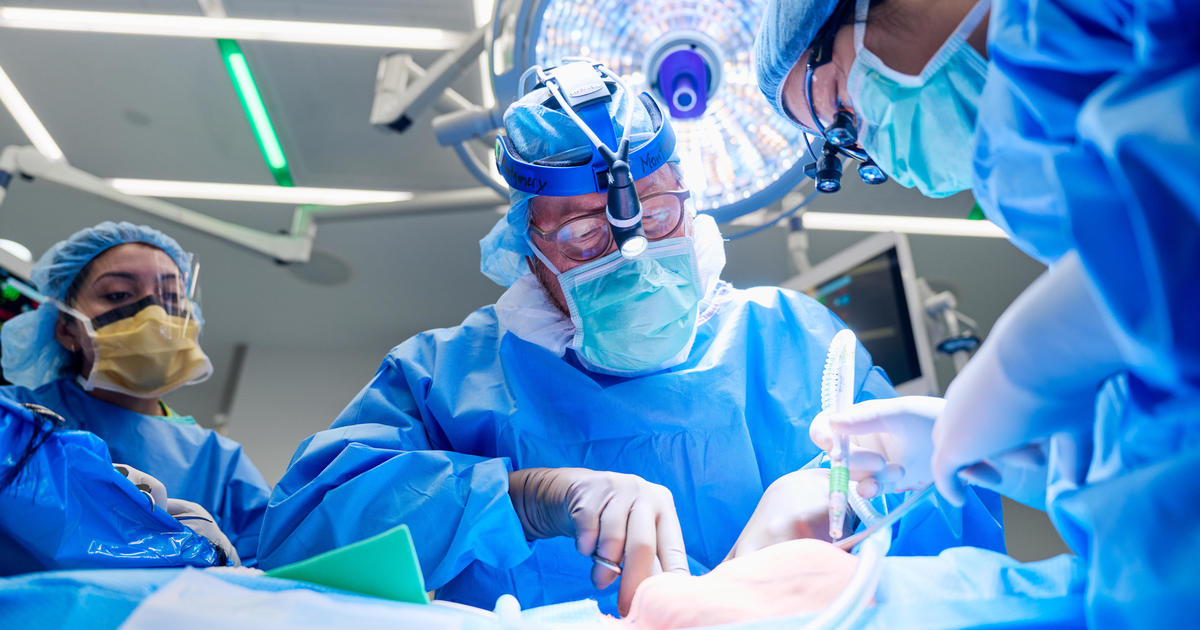One month after undergoing an experimental procedure to transplant a genetically modified pig heart, a patient with end-stage heart disease is showing promising signs of recovery, with the heart functioning well and no signs of rejection.
Lawrence Faucette, a 58-year-old from Frederick, Maryland, underwent the pioneering surgery in September, only the second such operation ever performed on a human.
Due to his heart disease and other health conditions, Faucette was not eligible for a traditional human heart transplant.
Dr. Bartley Griffith, director of the Cardiac and Lung Transplant Program at the University of Maryland School of Medicine, who conducted the surgery, reported,
“The physicians taking care of him believe his heart function is excellent. We’ve had no evidence of infections and no evidence of rejection right now.”
Dr. Muhammad Mohiuddin, director of UMMC’s Cardiac Xenotransplantation Program, provided an update, stating,
“We are withdrawing all the drugs that were initially supporting his heart. So now his heart is doing everything on its own.”
Efforts now focus on helping Faucette regain his strength through physical therapy. Dr. Mohiuddin emphasized,
“We are working very hard with our physical therapy team who are spending a lot of time helping him regain the strength that he’s lost during last one month of hospital stay.”

Faucette, a 20-year Navy veteran and former lab technician at the National Institutes of Health, expressed optimism during a discussion with his doctors about the progress of his recovery, noting the scans of his heart look normal.
The groundbreaking surgery was conducted under the FDA’s “compassionate use” program, utilizing a genetically modified pig heart from Revivcor, a subsidiary of United Therapeutics Corporation.
The pig’s genome was altered to remove genes that can cause immune reactions in humans and add genes to improve compatibility.
Despite the promising outcomes, Faucette continues to be closely monitored for signs of rejection or complications related to the pig-derived organ.
The hospital confirmed that Faucette fully understood the experimental nature of the treatment and underwent rigorous evaluation and consent procedures.
This procedure marks a significant advancement in the field of xenotransplantation, offering hope to patients who are ineligible for traditional organ transplants due to a lack of suitable donors.
The need for organs remains critical, with over 113,000 people on the organ transplant list in the U.S., including more than 3,300 awaiting a heart transplant.
Donate Life America reports that 17 people die each day while waiting for a donor organ.
